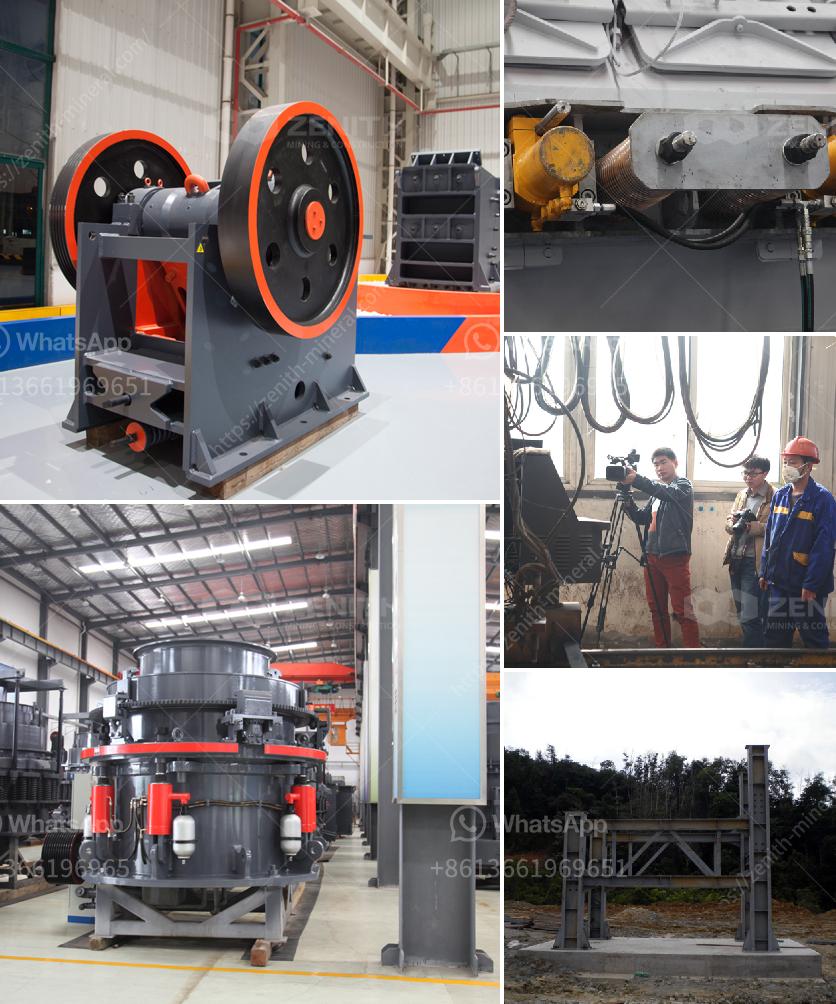Eliminating problems during the operation of a jaw crusher involves regular maintenance, proper operation, and prompt troubleshooting. Here are some strategies to reduce or eliminate issues:
-
Regular Maintenance:
- Lubrication: Ensure all moving parts are appropriately lubricated as per the manufacturer's recommendations.
- Check Wear Parts: Regularly inspect jaw plates, toggle plates, and other wear-resistant parts, and replace them if necessary.
- Cleanliness: Keep the crusher clean and free of debris that can cause blockages or excessive wear.
-
Proper Feeding:
- Correct Sizing: Ensure the material fed into the jaw crusher is an appropriate size and free from contaminants.
- Even Distribution: Avoid overloading by ensuring consistent and even feeding to prevent blockages.
-
Monitoring and Adjustments:
- Regular Inspections: Conduct frequent checks for unusual noises, vibrations, or signs of wear.
- Adjustment and Alignment: Regularly check and adjust the crusher settings to ensure optimal performance.
-
Training and Expertise:
- Operator Training: Ensure that operators are well-trained and understand the proper operating procedures and safety measures.
- Technical Support: Maintain contact with the equipment manufacturer or service provider for technical support and regular audits.
-
Preventive Measures:
- Use of High-quality Materials: Use high-quality materials and spare parts which are designed for the specific model of jaw crusher.
- Shock Absorbers and Vibration Dampening: Install appropriate shock absorbers or vibration damping equipment.
-
Troubleshooting:
- Analyze Problems Promptly: Address any issues immediately as they arise to prevent them from escalating.
- Detailed Records: Keep detailed records of maintenance, adjustments, and any problems encountered to identify recurring issues and trends.
Implementing these measures can significantly reduce problems during the operation of a jaw crusher and enhance its efficiency and longevity.

